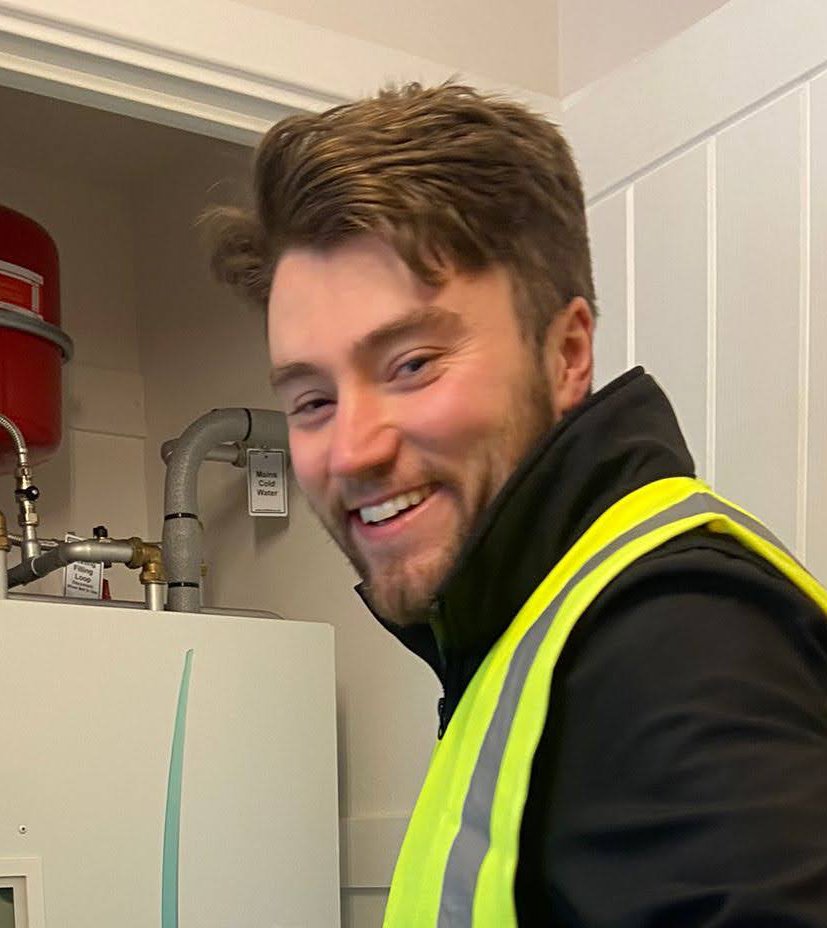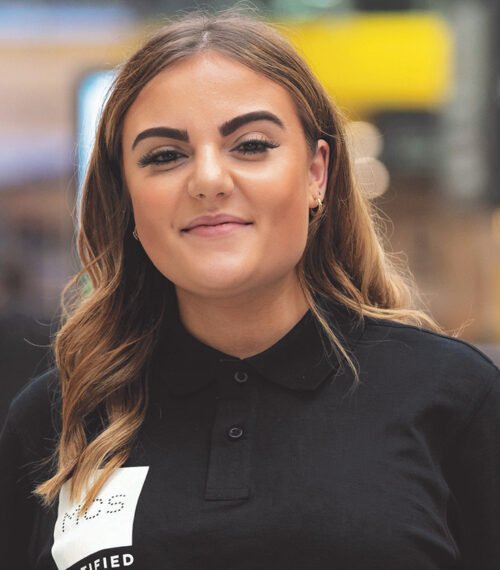Future Leaders: Cohort 3
Harnessing data to reduce non-compliance
Who are we?
We are part of the Net-zero 2050 Future Leaders Program, developed to mobilise and raise a generation of business leaders who are committed to driving change to deliver UK carbon net-zero by 2050.
To meet this target, the way we heat and power our homes must be drastically improved. Heating the buildings where we live, and work contributes to over 19% of the UK’s total CO2 emissions each year.
This is due in large part to a combination of the ubiquity of fossil-fuel fired central heating and poorly insulated building stock. We want to empower consumers to take on this challenge and feel confident when investing their money in renewable sustainable heating and energy efficiency solutions for their homes and businesses.
Our team is made up of six members from two businesses (MCS and TrustMark), with a diverse set of roles and competencies. The Microgeneration Certification Scheme (MCS) creates and maintains standards that allows for the certification of microgeneration renewable technologies and the contractors that install them. Similarly, Trustmark is a government-endorsed quality assurance scheme covering microgeneration technologies, building fabric retrofit, and other home improvement measures.
-

Katie Mitchell
MCS (Microgeneration Certification Scheme)
-

Nick Hinckley
MCS (Microgeneration Certification Scheme)
-

Beth Yemm
MCS (Microgeneration Certification Scheme)
-

Lucy McKenzie
MCS (Microgeneration Certification Scheme)
-

Carl Dixon
Trustmark
-

Cameron Ayers
Trustmark
Our project
Our group project seeks to improve compliance rates within both schemes by highlighting trends, developing risk profiles, and predicting when non-compliance may occur.
Intelligent prediction would allow for more effective use of assessor resources by using a targeted, risk-based approach to deal with problems in a proactive, rather than reactive, manner. Subsequently, we would expect to see a reduction in the frequency that these specific issues are observed within installations and a decrease in non-conformities overall.
Our hope is that this builds consumer confidence when investing in building fabric retrofit measures and microgeneration technologies, which helps us towards meeting the UK goal of net-zero carbon by 2050.
Our experience
The Future Leaders course has allowed us to work together with likeminded people on a project focused on achieving carbon net zero, whilst being specific to our industry.
Throughout the course, we have been given the opportunity to listen to inspiring speakers from other successful organisations, such as the Environment Agency, alongside receiving career coaching from a variety of experienced professionals.
The group exercises really make you stop and think, provoking deeper insight that is so often overshadowed by the need in working life to come up with solutions quickly, rather than fully considering their impacts.
We were given the opportunity to explore why we do things a certain way and how we could approach tasks differently. This enabled us to identify and learn from each other’s strengths, allowing us to collaborate effectively on the group project.

Here we have summarised the main skills we have developed from being on the Future Leaders course and how we believe these will help us in both our careers and personal lives.
Emotional intelligence – We were able to identify strategies for developing emotional intelligence within a workplace setting. This will help us understand the many ways people work and what drives them to do well.
Thinking differently – Thinking outside the box has helped us to develop new and creative solutions, like stepping back from a problem and trying to consider it from an outside or different perspective, instead of jumping straight to conclusions.
Empowering others – We learnt how to create an environment for empowering each other by promoting deep thinking, active listening, and asking powerful questions. This will help people working with us to feel motivated and confident in providing their best work.
Effective contracting – This will allow us to improve efficiency and productivity during meetings by outlining and committing to what needs to be achieved in the time available from the outset.
Explored commercial leadership through pathfinder.
Learnt how to develop a project idea and successfully manage this.
Every member of our cohort has learnt so many invaluable skills from being chosen to participate in the Future Leaders Course. We are extremely grateful for being given this opportunity and would encourage anyone who wants to develop to take part.



